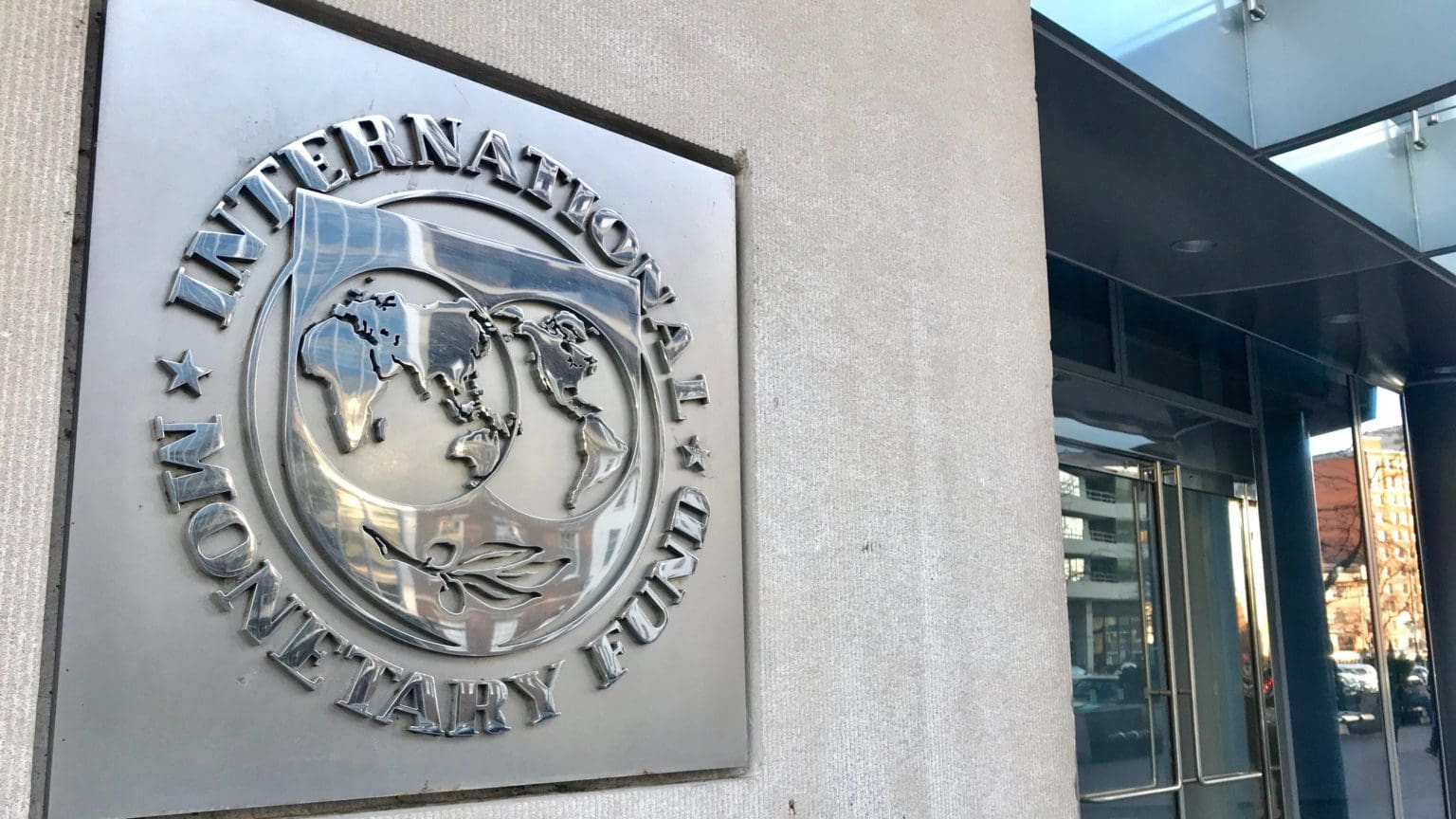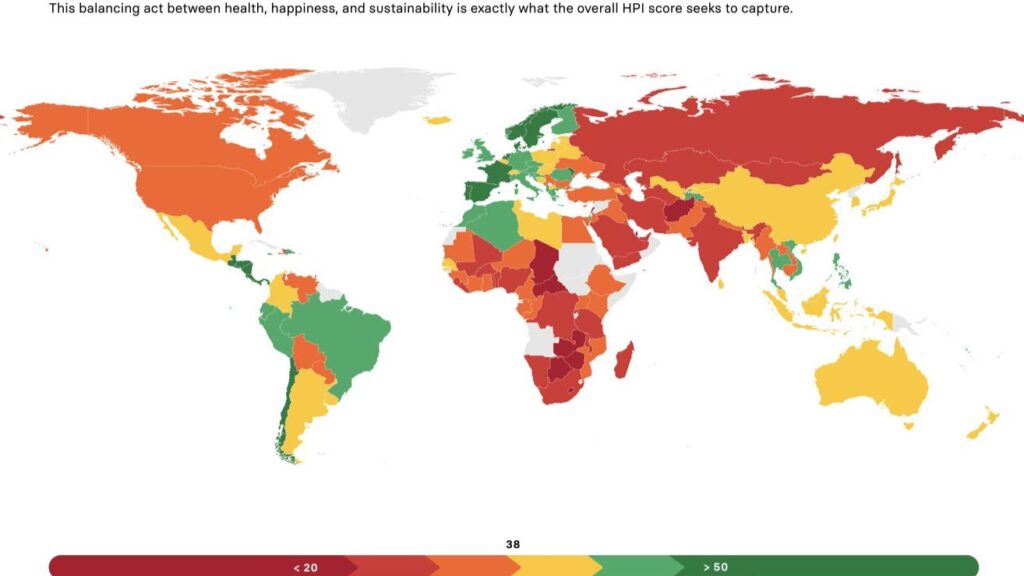The International Monetary Fund (IMF) advised European governments on Wednesday against stepping in with widespread financial assistance to address the region’s escalating energy crisis, arguing that consumers should bear the brunt of higher costs to promote energy conservation and advance the wider switch to green power. This is especially surprising as oil and gas companies are raking in unprecedented profits and households in many nations are already struggling to pay utility bills.
Protect the Most Vulnerable
Governments should work to protect the most vulnerable households with targeted assistance, the IMF said on Wednesday. However, it added that current policies designed to protect all consumers from rising costs would hurt European economies, many of which are already on the verge of recession and impede the energy transition. ‘Governments should let retail prices rise to promote energy conservation while protecting poorer households. Governments cannot prevent the loss in real national income arising from the terms-of-trade shock. They should allow the full increase in fuels costs to pass to end-users to encourage energy saving and switching out of fossil fuels,’ the IMF’s European branch wrote in a blog post.
Governments should work to protect the most vulnerable households with targeted assistance
Price Caps Deemed Short-Sighted
To date, broad price caps, subsidies, and tax breaks have been implemented by European policymakers to lessen the impact of rising energy prices, which have hit the continent as a result of Russia’s war in Ukraine, combined with a broader supply shortage.
The IMF, however, cautioned that such blanket assistance was misguided and would cost some governments an estimated 1.5 per cent of their GDP this year, while continuing to drive up demand and prices.
According to the IMF post, price caps will just delay the adjustment to the energy shock by reducing any incentives for households and businesses to save energy and increase efficiency. Capping retail prices ‘Keep global energy demand and prices higher than they would otherwise be.’
Targeted Policies
The IMF recommended that decision-makers ‘shift decisively away from broad-based measures to targeted relief policies’, assisting poorer households who are most susceptible to price increases but least equipped to handle them.
Governments would spend on average just under 0.4 percent of GDP in 2022 to fully offset the rise in the cost of living for the bottom 20 per cent of households, the report claimed. It noted that doing likewise for the poorest 40 per cent would cost 0.9 per cent.
The post continued by saying that it was ‘appropriate’ for governments to assist certain otherwise viable businesses during a brief price increase, for example, if Europe were to experience a total shutdown of Russian gas imports.
It did add, however, that the overall case for assisting businesses is ‘generally weak’ given that prices are anticipated to rise for a number of years.
Europe’s Bid to Save Energy
The IMF’s comments come as European countries are scrambling for means to decrease energy consumption and reliance on Russian fuels.
Spain announced new energy-saving methods last Tuesday which include limiting how low people can set their air conditioning devices and heating in public areas.
In a similar fashion, the German city of Hanover announced at the end of July that it was banning hot water in public buildings, pools, gyms and sports facilities.
Record Profits
In the meantime, energy companies are swimming in profits thanks to the sky-high prices, with BP reporting its largest quarterly profit in 14 years. BP is not the only corporation having recorded enormous profits. Exxon Mobil and Chevron, the two largest energy companies in the United States, have also reported record profits, which in fact have tripled in a year beating all predictions by analysts. Despite the fact that crude oil prices are back to pre-Russian war levels, prices at the petrol stations remain astronomical.
BP is not the only corporation having recorded enormous profits
Oil and gas companies are clearly profiteering from the crisis, ripping millions off of customers, and worsening the cost-of-living crisis that many nations are currently facing.
On Wednesday, Secretary-General of the United Nations Antonio Guterres of the United Nations, criticized oil and gas companies for taking advantage of the energy crisis.
‘It is immoral for oil and gas companies to be making record profits from this energy crisis on the backs of the poorest people and communities,’ Guterres said in a speech.
Guterres has suggested that profits from energy companies should be redirected to vulnerable communities and households.
Considering the fact that energy companies are making profits like never before, perhaps it is time to take a look at these businesses and implement measures to ease the pain of high energy prices inflicted on the public. While the IMF’s recommendations may be rational, that hardly changes the fact that a significant portion of households will struggle to pay their utility bills this coming winter. Authorities should implement targeted policies to help all those who are in need of assistance, and penalize instances of obvious profiteering by energy companies.








